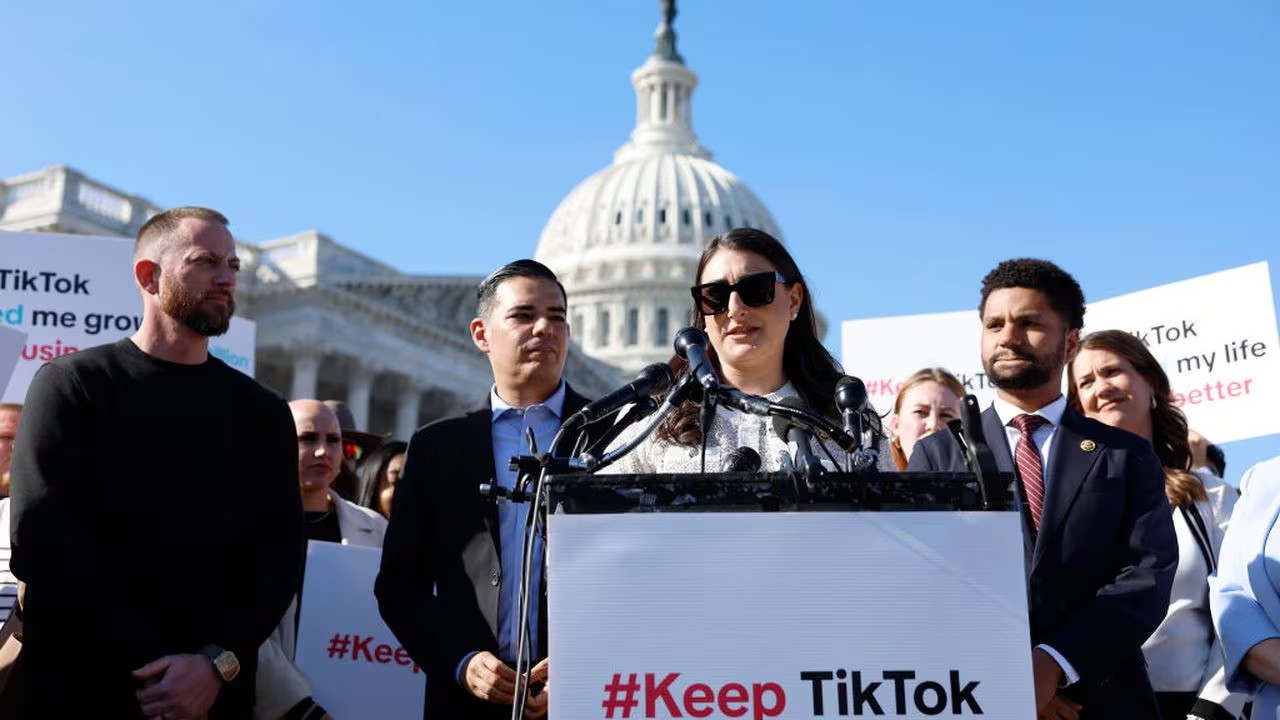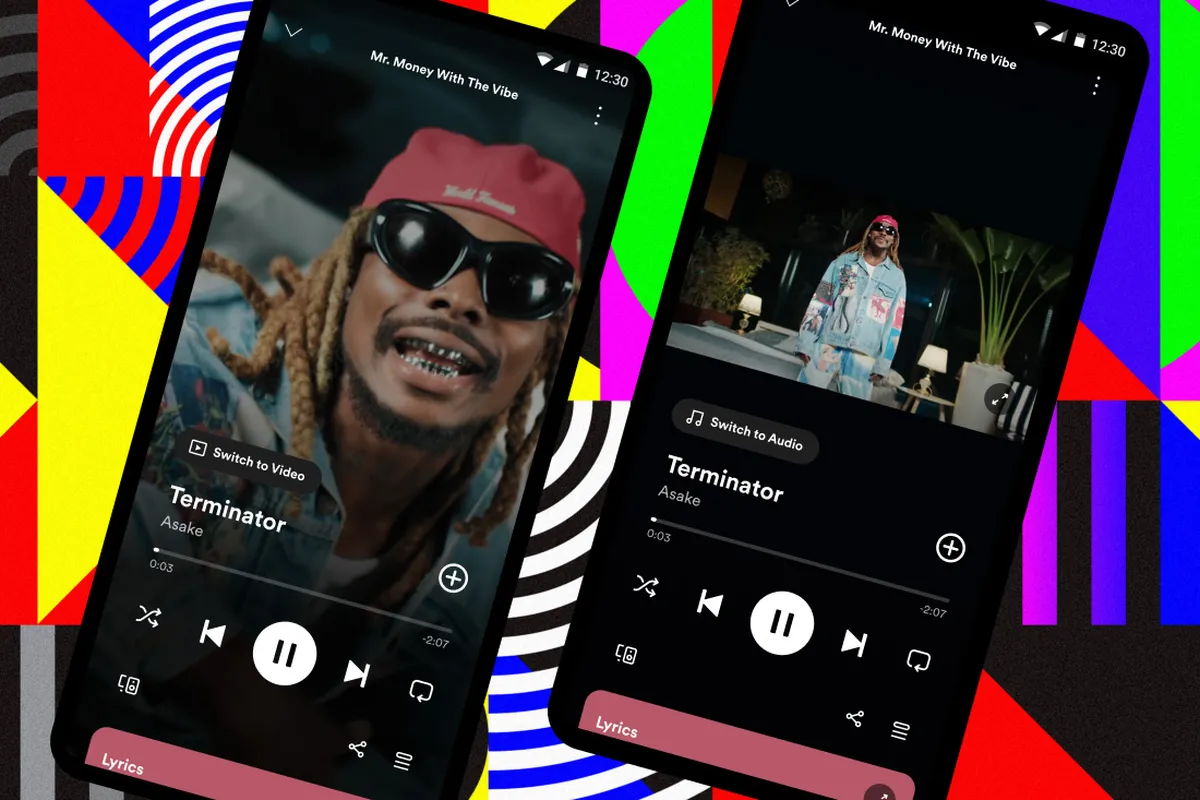UK parliamentarians have set their sights on smartphones and their potential for hostility. The Commons speaker suggested that cell phones not be used at meetings. That is why the British National Cyber Security Centre (NCSC), issued what are the top 10 ‘top tips’. In the face of this it has been made explicit that mobile devices are a “potential goldmine” for hostile states attacking and influencing British democracy.
Lindsay Hoyle, who was the speaker in the House of Commons, in addition to sharing advice, advised MPs not to bring phones to sensitive meetings. This is part of a policy to prevent hackers, criminals and fraudsters from taking advantage of this moment to carry out a criminal action. Among the aforementioned measures was the inclusion of a multi-factor verification configuration in smartphones. This means that two forms of identification will be required to access resources or data. As well as different software updates or the deletion of old messages.
When smartphones are “weapons
The NCSC issued this advice along with a letter from Hoyle to his colleagues. The missive pointed out that a single camera or microphone on a phone could compromise, and put at risk, everyone in the room at the time. The alleged “hacking” of Liz Truss’ phone by the Russians prompted Hoyle to speak of hostile states seeking to obtain information. The influence that this situation has on democratic processes for their economic, political or military advantage was also pointed out.
Lindsay Hoyle did not overlook the fact that “our phones contain so much information.” On this he stressed that:
“Our messages, emails, contacts, photos and social media posts, including private, confidential, personal, historical and sometimes even deleted data; are highly sensitive to being attacked by hackers.”
Truss, when she was Foreign Secretary, had her device hacked when she was a favorite in the Tory leadership race.
Looking into espionage
According to the “Mail on Sunday”, the Kremlin is being targeted because the spies suspected of gaining access to confidential information are alleged to have come from there. Among the data to which access was allegedly obtained are discussions about the conflict in Ukraine. In addition to private conversations with Kwasi Kwarteng, prior to his becoming chancellor. Hoyle also pointed out that “while no individual cell phone can become completely secure from a determined nation-state attacker”.
The British media outlet HuffPost pointed out that “you may not feel able to do everything on the list, but the more you do, the less likely it is that your personal information and mobile device will be compromised.” Tom Tugendhat, Minister of Security, is heading a Westminster task force. It seeks to address all the threats to the UK’s democratic institutions.




